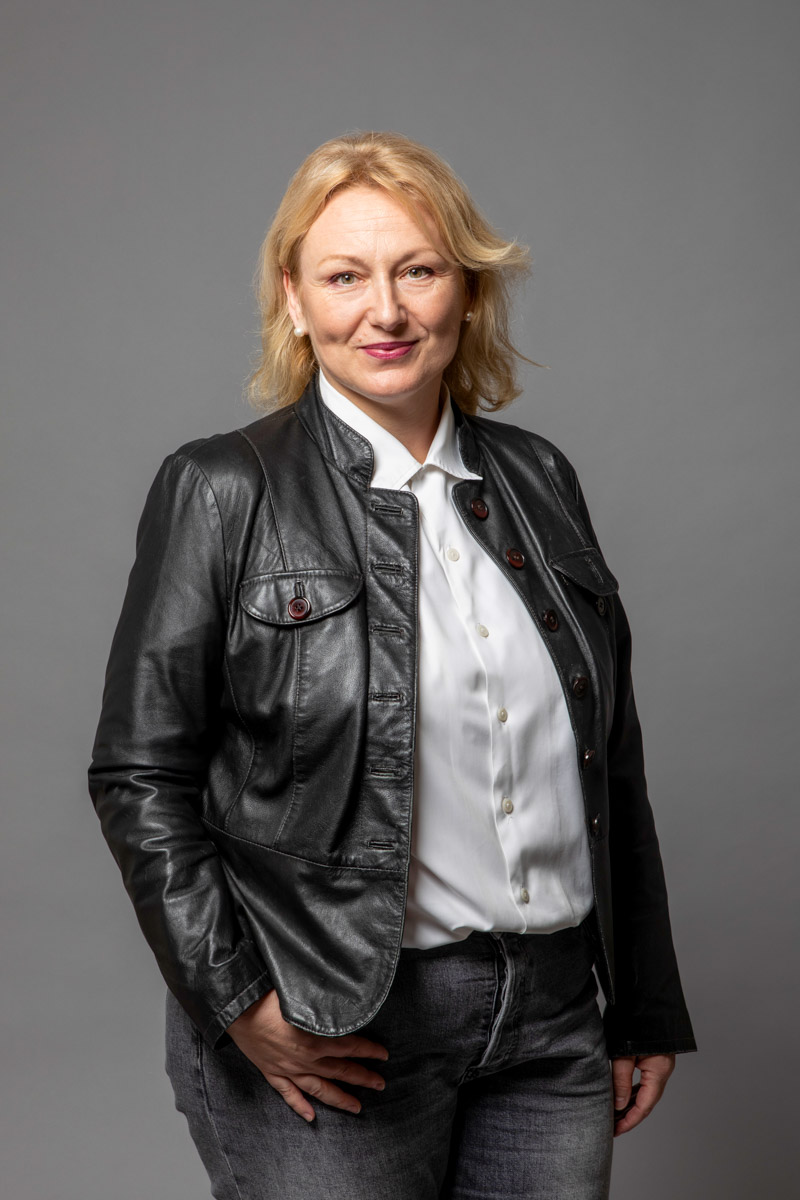CWRU Cognitive Science Colloquium Mini-Series
Spring 2025
Mondays, 3:20-4:35pm. Sears 325
Available by zoom:https://cwru.zoom.us/j/96671924430?pwd=LcA0C8wSjC3yA9WjCcbVSVxipBor16.1
Meeting ID: 966 7192 4430
Passcode: 729026
|
Monday, 2025-02-17
Title: Decoding Meaning and Form: Dialogues Between and About Human and Artificial Minds Across Classrooms and Disciplines Abstract: Creating authentic learning environments, enhanced by real-world engagement or immersive, technology-driven simulations, means creating a space of active participation, teamwork, diverse perspectives, “learning from the future” (Pechl, 2023), “what-ifs,” and conceptual blends (Fauconnier & Turner, 2002), reflection, and the meaningful application of knowledge. These environments have the potential to prepare students for the VUCA (volatile, unpredictable, complex, ambiguous) world, where human and artificial minds are increasingly intertwined. This unavoidable entanglement calls for collaboration across disciplines, especially a meaningful conversation between the humanities and STEM. In my effort to create an authentic new learning environment, my students have produced challenging questions—many of which have emerged from their discussions on language and construction of meaning, meaning and form, intentionality and understanding, humans and machines, cognition and computation:
References
|


|
|
|
|
Past Colloquia |
|
|
Monday, 2025-02-10
Tiago Torrent is a Cognitive Linguist working on Natural Language Understanding within the framework of Frame Semantics and Construction Grammar. Torrent is head of the FrameNet Brasil Computational Linguistics Lab, PI of ReINVenTA, and Professor of the Graduate Program in Linguistics at the Federal University of Juiz de Fora, Brazil. He is Research Productivity Grantee of the Brazilian National Council for Scientific and Technological Development (CNPq), and Guest Professor at the Department of Swedish, Multilingualism and Language Technology at the University of Gothenburg. Title: Frame-Based Models of Linguistic Cognition for Social Impact: Insights from the Data to Stop GBV Initiative Abstract: This talk explores the potential of domain-specific framenets in the semantic analysis of open-text fields in e-medical records, aiming to identify early patterns of gender-based violence (GBV) before escalation. I compare the performance of a frame-based AI model with two alternatives: one relying solely on demographic data and another leveraging a large language model (LLM). The results highlight the superior performance of the frame-based approach, emphasizing the value of human-curated, perspectivized models of linguistic cognition. These findings underline the critical role of interpretable and responsible AI in addressing pressing societal challenges, such as GBV prevention.
|

|
|
Monday, 2025-02-03
Marcelo Viridiano, PhD, is a postdoctoral researcher at Case Western Reserve University.
Title: Multimodal Research in Vision and Language: Abstract: Deep learning and its applications have driven transformative research and development across a wide range of real-world data modalities. Recently, this progress has increased the interest in the intersection of vision and language—a rapidly growing field with numerous applications. In this talk, we aim to: Provide a brief review of recent VisLang research, highlighting the latest trends in visual and language modalities. Explore key applications and their approaches to addressing challenges in semantic perception, content analysis, and content generation. Discuss ongoing research by FrameNet Brasil and examine the potential contributions of Frame Semantics to advancing the field.
|

|
|
Monday, 2025-01-27 Fred Belcavello, PhD, is a postdoctoral researcher at Case Western Reserve University, a Researcher at FrameNet Brasil Lab, and a Professor at UniAcademia - Centro Universitário Academia. Title: Frame Semantics, FrameNet, and the Multimodal Shift Abstract: In this talk we will present the general idea of semantic frames and how they are represented in its computational implementation, FrameNet, as a language model. We go through FrameNet fundamentals - frames, frame elements, frame to frame relations - and present how it started as a lexicographic project and how we shifted it to a multimodal resource for Natural Language Processing projects.
|

|